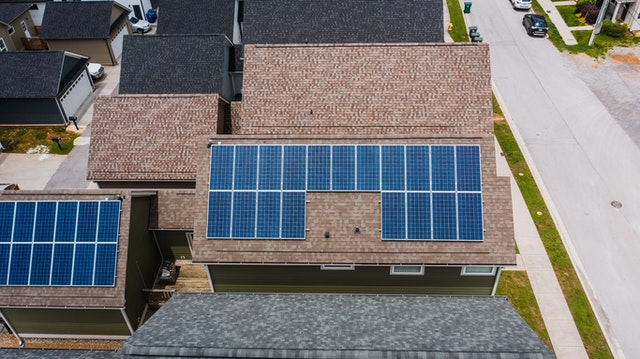The sun provides light, warmth and a natural source of energy to Earth. When the sun is fully exploited using solar energy, there are many benefits of this alternative energy source. Along with the benefits, there are some disadvantages of solar energy that must be taken into account before considering large-scale or conversion, even on a small scale of this type of energy.
Advantages of Solar Energy
- When we think of solar energy, there are many advantages that come to our head; it seems that this type of energy is offered day after day with the sunrise.
- The most important advantage of all is that this energy does not pollute.
- To be talking about solar energy we can say that is an inexhaustible source.
- It is an ideal system for harnessing energy to areas where the power lines do not reach (rural, mountainous islands) or is difficult and costly to transfer.
- Solar collection systems that are commonly used are easy to maintain, which makes your choice.
- The cost decreases as technology progresses, while the cost of fossil fuels increases over time because more and more limited.
- The only investment is the initial cost of the infrastructure; it does not require any fuel for its operation.
- Photovoltaic solar energy does not require any additional space occupied, it can be installed on roofs and buildings.
- The availability of solar energy reduces dependence on other countries for energy supplies of the population.
- It is a sector that promotes job creation, necessary for the manufacture of solar cells and panels, as for installation and maintenance of the same.
Disadvantages of Solar Energy
- When we think of the disadvantages of this type of renewable energy, often costing much more to think about anything in particular except that aesthetically, it is not particularly nice when you decide to install it in the fields.
- In addition, the radiation level of this energy varies from one area to another, and so it is between one season and another, which may not be as attractive to the consumer.
- When deciding to use solar power for a significant portion of the population, large tracts of land is needed, which makes this type of energy is chosen.
- In addition, another drawback is that initially requires a strong economic investment that many consumers are not willing to risk.
- Many times it should complement this method of converting energy with others, such as hot water systems and heating, require a pump to circulate the fluid.
- Places where there is more radiation are desert and remote areas ( energy not fail to develop agricultural or industrial activity, etc … )
